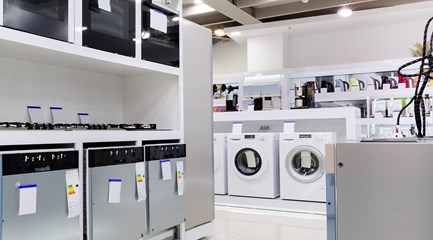Charley Says, voted the nation’s favourite safety film, has been brought back to life!
Electrical Safety First has worked with award winning comedian and actor David Walliams to bring Charley the cat and his hapless owner out of the 80s and into the 21st century for another adventure.
The original Charley Says films, which were created by the government’s Central Office for Information and broadcast in the 1970s and 80s, warned children about everyday safety issues such as not going off with strangers or playing with matches.
People in many instances are injured by the everyday use of electricity, and so just as Kenny Everett meowed safety messages as the cat in the original films, David Walliams is on board to warn adults what Charley says about staying electrically safe in the home. Although the messages are communicated in a fun way through the cartoons, they are still serious.
Overloading Sockets
The first film looks at overloaded sockets, a major cause of electrical fires. Electrical Safety First recommends that, instead of relying on adaptors, you use a registered electrician to add more sockets in your home.
Watch the video below to see Charley trying to stop the boy from making the common mistake of overloading a plug socket. Will Charley earn himself fish for having his eye on electrical safety in the kitchen? Watch and find out!
Many people are unaware of the dangers of overloading sockets. To ensure that you aren’t overloading and are keeping yourself and your family out of danger, click here to have a go on our Socket Overload Calculator.
If you need to have extra sockets installed in your home, we recommend that you use a registered electrician. Click here to find one near you.
(March 2014)
Counterfeit Products
Our second film looks at the dangers of buying counterfeit or sub-standard electrical products, which will often contain faulty parts which can cause an electric shock or overheat and catch fire.
Charley the cat learns the hard way that if a bargain looks like it is too good to be true, then it probably is!
To avoid buying fake electrical products, follow the advice in our Safe Shopper's Guide.
(December 2014)
More posts by Penny Walshe



